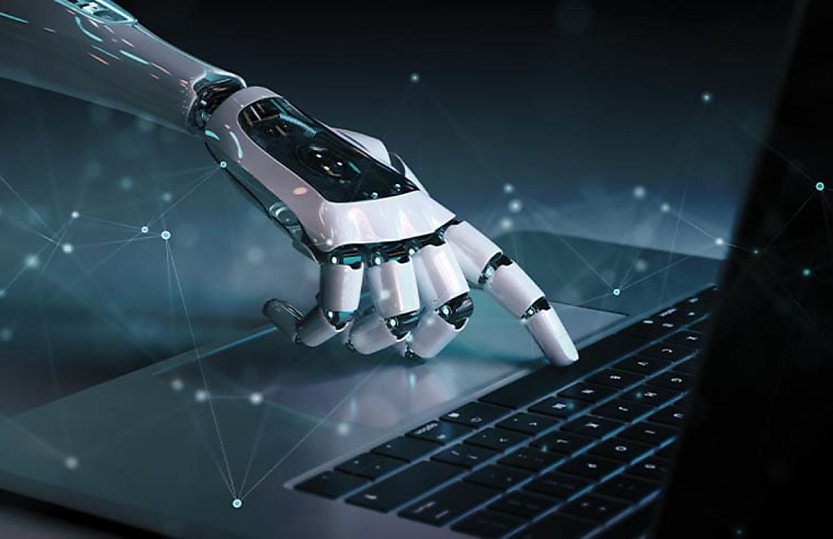Report: AI to save accountants ‘up to 200 hours in the next year’

The vast majority of accountants believe AI will have a transformative impact on their work, according to new research from Thomson Reuters.
Artificial intelligence has been predicted to be able to save accountants and other professionals 12 hours per week within the next five years, with 78 per cent confirming AI is a “force for good” in their profession.
The Thomson Reuters 2024 Future of Professionals report, released this week, is an annual survey of more than 2,200 professionals working across legal, tax, risk and compliance fields globally.
It revealed that AI was predicted to have saved accountants four hours per week in the next year alone.
Overall, 77 per cent of professionals predicted AI would have a high or transformational impact on their work over the next five years, up 10 per cent from last year. In addition, 79 per cent of survey respondents anticipated innovation at their companies would increase – and that AI would drive improvement in innovation over the next five years.
Moreover, over the same period, respondents indicated that 56 per cent of work will utilise AI-powered tech – something Thomson Reuters president and CEO Steve Hasker was a result of seeing firsthand the impact AI can have on efficiency and the day-to-day operations of a firm.
“Professionals no longer need to speculate on the potential for AI to impact their work as they are now witnessing its effects firsthand. As we look to the future, one thing is clear: AI-empowered professionals and their companies will outpace those who resist this transformative era,” he said.
“With professionals predicting that AI will save them up to 200 hours in the next year, the potential economic impact is significant … The responsible use of AI is crucial, with nearly two-thirds of professionals stressing human oversight. As we navigate this change, we must remember the future of AI is ours to shape.”
Both generative AI and AI solutions for the legal, tax, risk and compliance sectors have been among the most widely adopted categories of professional-grade AI applications to date, according to the report. Sixty-three per cent of those surveyed said they were already using AI-powered technologies as a starting point for tasks, with research, summarisation, and drafting cited as the most common use cases.
“AI’s influence is set to transform strategic priorities and operational efficiency across industries. Although AI might not always appear at the top of professionals’ priority lists, its embedded presence in strategic decision making is undeniable,” the report said.
“The broad consensus on AI’s expanding role reflects its proven return on investment (ROI) in driving growth and enhancing internal processes. Even risk-averse sectors are recognising AI’s potential, maintaining a focus on trusted content and human oversight. As AI continues to shape the future of work, investments in AI-powered technologies will spur greater efficiency and innovation across organisations.”
Only 37 per cent of those surveyed said they have not yet tried to use AI tech in their work, with 35 per cent unsure what type of work the technology can be used for and 28 per cent unsure how to access it.
In terms of the responsible use of AI moving forward, 57 per cent of respondents said certification processes for AI systems should be introduced, and 55 per cent said professional or industry bodies should be tasked with developing these standards.
“AI’s potential to revolutionise professional tasks is tempered by concerns among professionals about data security and output accuracy. Addressing these requires clear principles for responsible AI usage that ensures transparent data management. Industry-wide alignment on benchmarking is essential for understanding AI output accuracy and usefulness,” Thomson Reuters said in the report.
“Educating professionals on effective AI usage through training will help integrate AI as a tool for thorough work products like research and drafting. Collaborative efforts between industry, academia, and professionals are vital for fostering trust and preparing users for AI’s impact on the future of work.”





